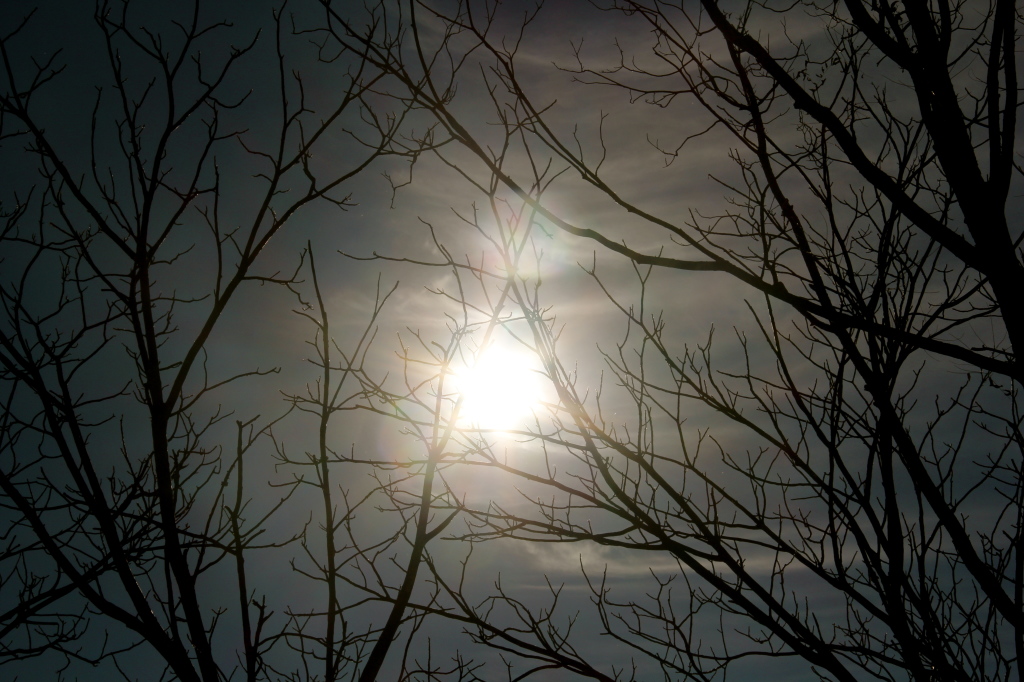
Since 2001, I’ve been asked why I joined the military a thousand times. “What made you love it?” people ask. And I tell them that I wanted to travel, be a public servant, and go to college for free. But that’s not the real reason.
The real reason I joined the military is that, starting at 14, every time I thought about the military a flicker of energy would inexplicably rush from my heart area to my gut area.
The energy would bounce around there. It was an irritation. And sometimes it kept me awake at night. I’d go on long runs to deal with it.
Where did that flicker come from? “God”? The “universe”? All my life, I’ve loved things that no one in my family loves — writing, global health, mountain biking, the Middle East. I’m not religious, but I believe in a mystery. And it’s a mystery to me why we love what we love.
I regularly read, go to work, meet up with friends and family. I occasionally cook, date, exercise. The rest of the time — maybe 10 to 15 hours a week — I sit and write articles and essays. I write mostly about humanitarian issues — global health, poverty, women, war. I just finished pieces on the Iraqi American Reconciliation Project and World Without Genocide. Currently, I’m writing a piece about Nicaragua. And for the past 13 months, I’ve been saving to take time off to travel, to dedicate a year of my life to writing about these issues. (Current total: $8,000.)
I write because when I do it, when I think about it — about humanitarian writing — I experience that familiar flicker of energy running from my heart to my gut.
What are you up to?” a friend from Mexico g-chatted me the other weekend.
“Oh, you know, just writing a piece about Nicaraguan water purifiers [on a Saturday night].”
**
On Valentine’s Day I was asked by a male friend — also single, also an artist — if I thought we’d still spend hours per week on our respective arts if we were in relationships.
Do you think we do this to cover up the absence?” he asked. “As a salve for loneliness?”
I’ve been writing fairly regularly since 19, but still I pondered his question. Just like I’ve pondered the ever pervasive “Why did you join the military?” The overarching “Why do we love what we love?”
The answers are ambiguous and, I realize, ultimately obsolete.
Many of us feel unenthused about so many parts of our lives — about commutes, jobs, meals, bodies — that I think if something, just one thing, evokes in us that flicker of energy, that feeling of love, that we shouldn’t question it. Or defend it. Or wonder too much about where it came from. We should just be grateful. Really grateful. Because the world is full of apathy.
**
Recently, at the Russian Museum of Art in Minneapolis, I fell in love with an exhibit by Alexander Viazmensky. Viazmensky is a botanical artist and his exhibit was comprised entirely of watercolor mushrooms.
“Hunting mushrooms has always been my passion and the main reason to spend days in the woods,” Viazmensky had written on a placard in the gallery. “People in Russia hunt mushrooms for food; I hunt them for their beauty. That’s why I started painting them over 35 years ago.”
It’s a bizarre love, and I’m sure if Viazmensky was asked to explain, to really explain, why he loves mushrooms, why he’s devoted 35 years of his life to painting them, that he might not be able to articulate the answer. Their “beauty” is probably a reason he uses because it’s convenient, akin to me telling people I joined the military because I wanted to travel, be a public servant, or go to college for free.
Likely, it’s a mystery.
And yet, I’m overwhelmed with joy for that mystery. Because Viazmensky’s work is exquisite, a gift to the world.
